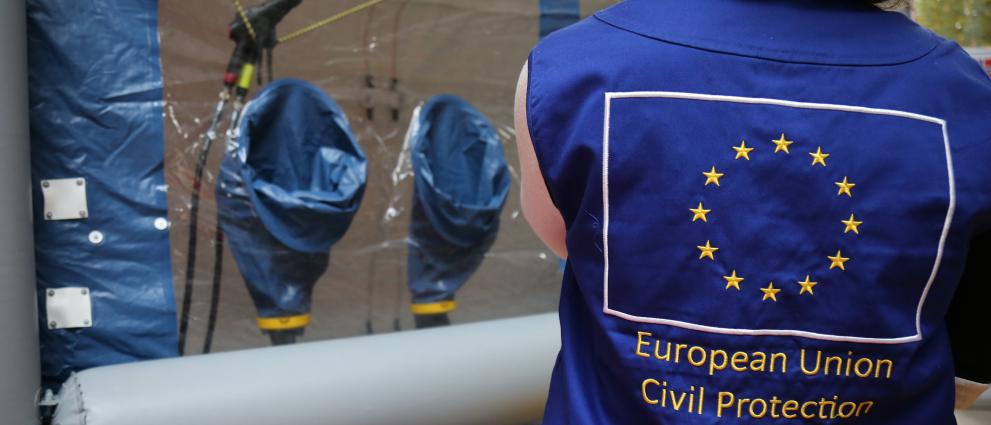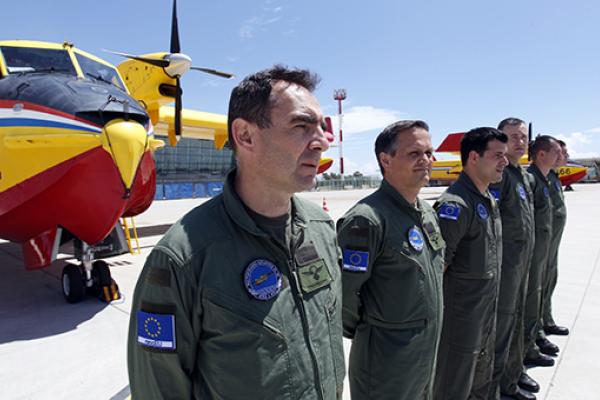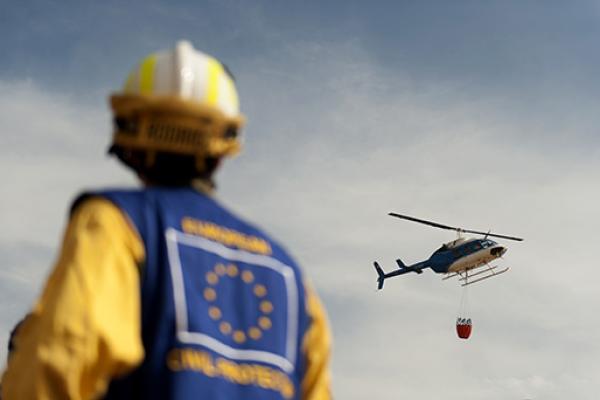
The Commission has allocated almost €70 million to fund the development of new specialised teams and equipment to further strengthen the preparedness and response to chemical, biological, radiological and nuclear (CBRN) risks.
The funding has been granted to Italy, Poland and Romania to develop the rescEU detection capabilities. The aim is that EU Member States will be able to request such capabilities through the EU Civil Protection Mechanism as of 2026.
These tools will be used to detect, identify, sample, and monitor potential contamination in response to emergencies such as industrial accidents or security incidents. Teams may also assist with surveillance activities ahead of major public events and thus help ensure systemic protection of public spaces.
Janez Lenarčič, Commissioner for Crisis Management said: “Today’s risk landscape is ever evolving – Member States need to be ready to respond to well-known risks as well as to new or reemerging ones. Increasingly, the EU is requested to provide additional assistance to help to protect the people, the environment and the infrastructure in the Member States. By working together, CBRN detection and surveillance rescEU teams from different countries will be able to make a big difference in the event of such complex emergencies. I thank Italy, Poland and Romania for their commitment to develop this new dimension of our rescEU reserves.”
Background
In 2019, the EU strengthened the collective European response to disasters via the development the rescEU reserve.
rescEU aims to boost disaster preparedness and response mechanisms at European level by, among others, encouraging interoperability of equipment and teams so that, in the event of a major emergency, teams that respond jointly work as one integrated team.
There are already rescEU reserves for various kinds of emergencies, including reserves of medical equipment, CBRN materials, firefighting aircraft as well as shelter and energy items.
Details
- Publication date
- 25 January 2024
- Author
- Directorate-General for European Civil Protection and Humanitarian Aid Operations (ECHO)


